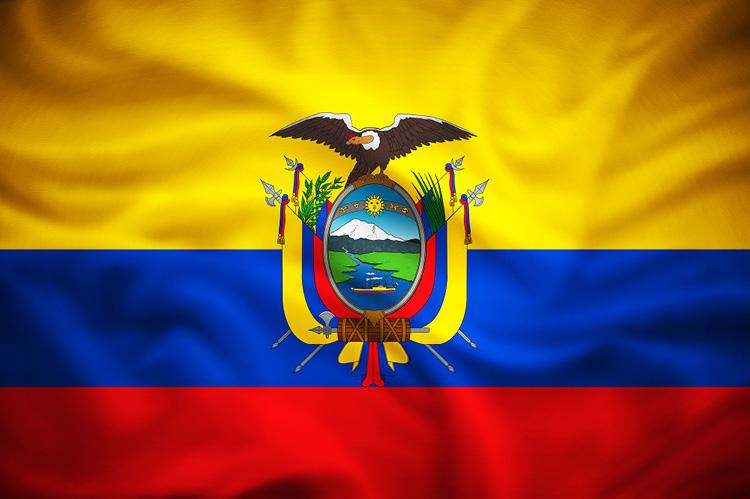Ecuador in Talks to Take Over Control of Key Oil Pipeline

Ecuadorian officials are in negotiations to bring a major oil pipeline under state control, a move that could reshape the country's energy landscape and raise concerns about transparency and efficiency, Reuters reported.
According to the reports, the Ministry of Energy confirmed ongoing talks with the Oil Pipeline Consortium (OCP) in a statement released Friday. The discussions aim to transfer ownership of the pipeline, along with its associated infrastructure, liabilities, and assets, to the government.
As one of the country’s major pipeline operators, the OCP currently operates the 485-kilometer pipeline that carries nearly half of Ecuador's daily oil production.
The ministry acknowledged the complexity of the process, noting that a mediation agreement has been signed to facilitate the negotiations. OCP's contract expires this month, with an initial handover to state control originally scheduled for Jan. 20. However, the statement conceded that delays had been encountered.
OCP, a consortium of private companies including Occidental Petroleum and PetroChina, did not respond to requests for comment on the talks.
The move follows years of debate in Ecuador about the role of private investment in the oil sector. Supporters of the takeover argue that it will give the government greater control over a key national resource and generate additional revenue. Critics, however, express concerns about potential mismanagement and a decline in operational efficiency under state control.
The pipeline, built with a $1.4 billion investment from private capital, has a daily capacity of 450,000 barrels but currently operates below that level. Bringing it under state control would significantly diversify the government's revenue streams and give it direct control over a major element of the country's energy infrastructure.
However, questions remain about the financial terms of the potential deal and the government's ability to manage the pipeline effectively. The lack of information from OCP further clouds the picture, raising concerns about transparency in the negotiations.
As the talks continue, observers will closely watch for details on the agreement and its potential impact on Ecuador's economy and energy security. The successful pipeline transfer could be a defining moment for the country's approach to resource management. Still, transparency and operational efficiency concerns must be addressed for the move to be truly beneficial.
